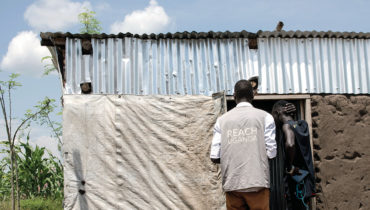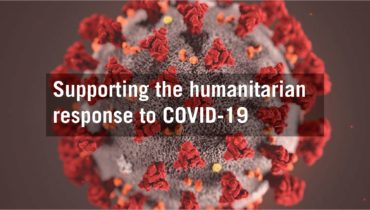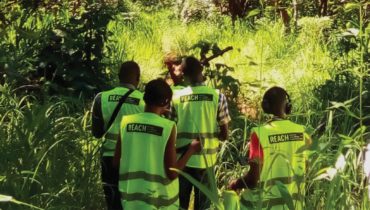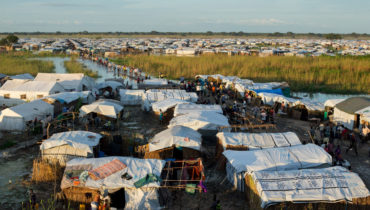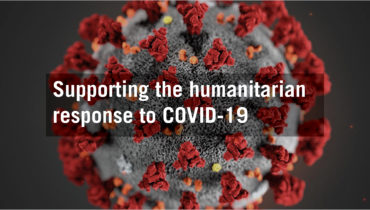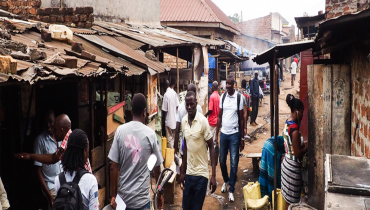Understanding risk perception – the key to COVID-19 prevention in Uganda
26 April 2021
In March 2020 the Ugandan government took quick action to prevent the spread of COVID-19 across its borders. However, the recommended preventative behaviors were not met with broad acceptance in Uganda. IMPACT Initiative, as part of its participation to the U-Learn consortium, conducted a mixed-methods assessment to understand why.
Starting on the 18th of March 2020, the Ugandan government implemented various measures to prevent the spread of the virus across and within its borders. Despite the effort from the government and different organizations, the Ugandan ministry of health published a COVID-19 response plan which stated that public adherence to restrictions and recommended preventative behaviors were observed to be relatively low in Uganda. This prompted U-Learn, a UK-AID funded consortium consisting of the Response Innovation Lab, hosted by Save the Children, IMPACT Initiatives and the International Rescue Committee, to set out to understand how refugees living in Uganda and Ugandans living in refugee-hosting districts receive and interpret information on COVID-19.
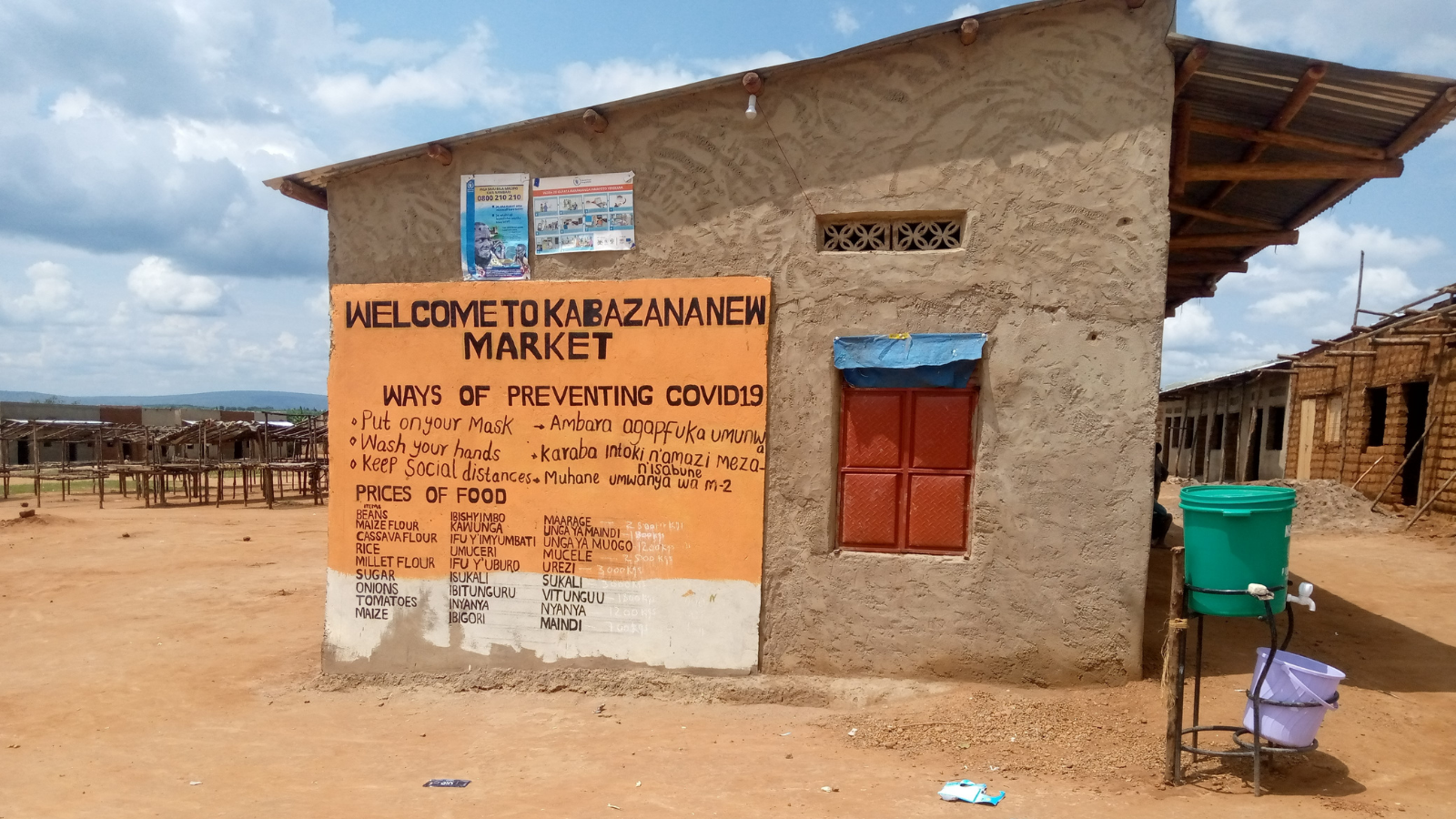
Photography taken by the U-LEARN team, showing a sign on the “ways of preventing COVID19” outside Kabazananew market in Uganda.
The U-Learn Risk Communication and Community Engagement (RCCE) assessment, conducted between August and November 2020, found that nearly all respondents (99%) had received information on COVID-19, most often regarding symptoms as well as the nature and modes of transmission. However, there was reportedly scarce information available on the impact of COVID-19 in their districts, on the personal experiences of those affected by the disease, and on how to protect one’s’ income during the pandemic.
Information was reportedly most often received through radio, mobile loudspeakers or word of mouth, in alignment with respondents’ preferences though almost one third of respondents reported encountering a barrier to receiving information due to the lack of information assets such as TVs, radios and the limited access to internet in the country.
Over 90% of respondents perceived COVID-19 as a “very serious” or “serious” threat with the vast majority of interviewees reportedly washing their hands regularly and wearing a mask and over 60% reportedly adhering to social distancing guidelines. Nevertheless, the data sourced from the reports is in stark contradiction with observations made by staff in the field and other data collected through focus group discussions and key informants. One interviewee stated: “Preventive precautions are not observed and community think we are isolating them from their friends.”

Extracts from the full report containing some insights from the focus-group discussions held in Uganda.
By collecting further information on why communities struggled to adopt preventative behaviors, the assessment yielded partial explanations. For instance, respondents complained that social distancing interfered with socio-cultural norms. Others stated that there was a lack of soap, water and affordable masks. Another reason given was that in order to secure livelihoods, most had to continue accessing spaces where preventative behaviors were not an option. In particular, marketplaces, campaign rallies and community meetings were mentioned as some of the spaces in which social distancing was not adhered to.
The results of the assessment show that although the perceived threat was reported to be high, it was also most often related to socioeconomic factors such as the movement restrictions put in place to prevent the spread of COVID-19 and did not often relate to the health risks posed by the virus itself. A key informant illustrated this stating that: “The livelihoods of people were affected during the lock-down and people are saying if we continue like this we will die because of hunger and many businesses have collapsed.”
U-Learn also found that behavior change reportedly took place when it was enforced by authorities or when it was a condition in order to access services. One key informant reported that “People are not allowed to access the health facility without wearing of masks and this means they will not get access to health services.” Conversely, focus group discussion participants pointed out that when authorities did not lead by example, such as when they did not adhere to social distancing or wearing masks, compliance by communities to preventative measures was lower. These reports illustrate the key role of that authorities in Uganda have in promoting the uptake of preventative behaviors.

Extract from the final report containing some key findings on community risk perception and information access.
As such U-Learn’s RCCE assessment has shed some light on why, despite available information and a high reported threat perception, the recommended preventative behaviors against COVID-19 have not yet found widespread acceptance in Uganda. Restrictions put in place to prevent the spread of COVID-19 have inhibited economic life in a country where some communities are already struggling to make ends meet. Additionally, lack of materials like water, soap and affordable masks have further limited the uptake of preventative behaviors. This assessment suggests that restricting access to public services to those adhering to the recommended measures while ensuring that authorities lead by example could be effective ways to boost the uptake of preventative behaviors quickly. In the long run, the data suggests, improving economic stability may be the way toward more effective risk communication in Uganda.
For the full report and additional products visit the U-Learn website.


